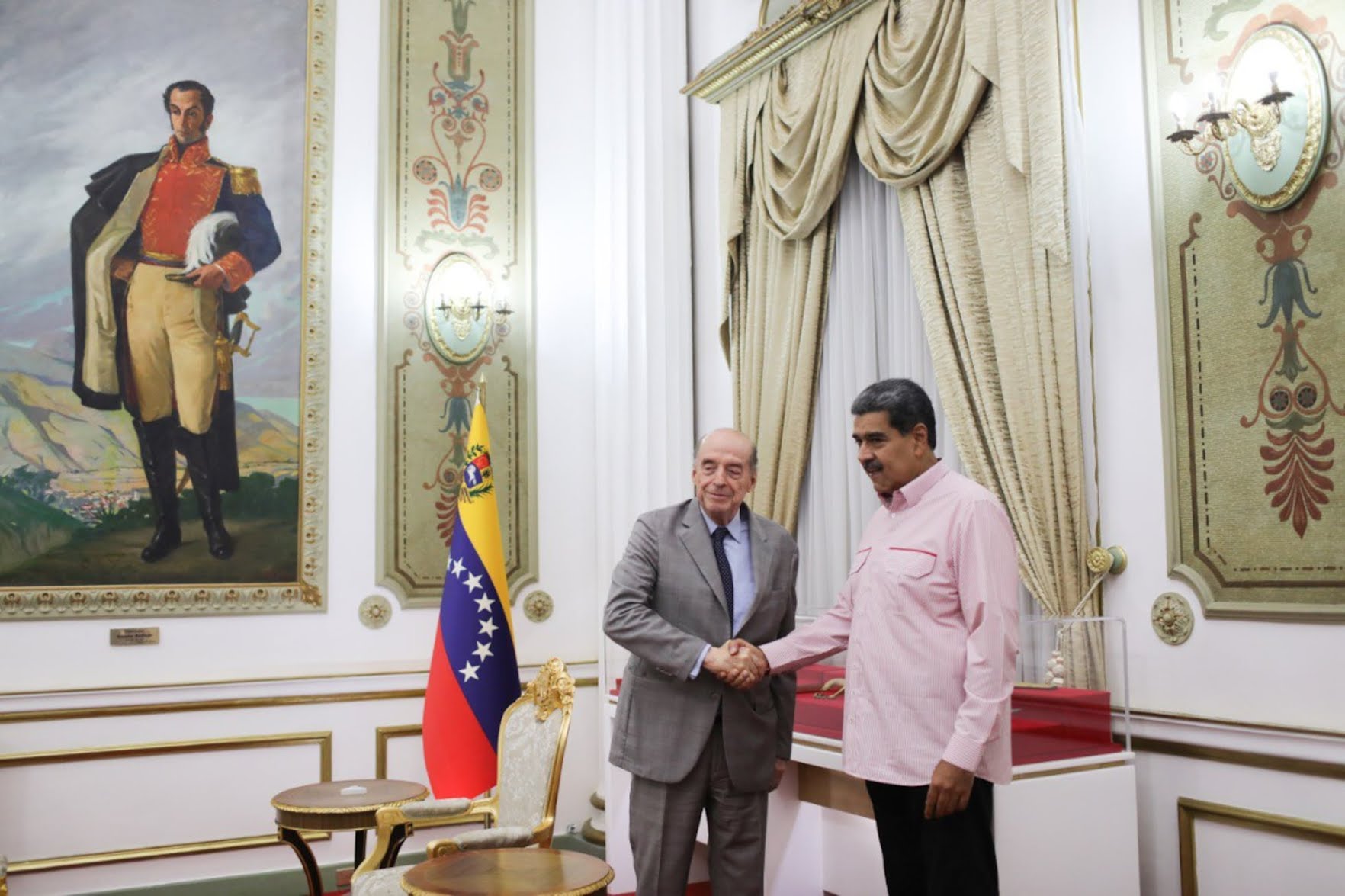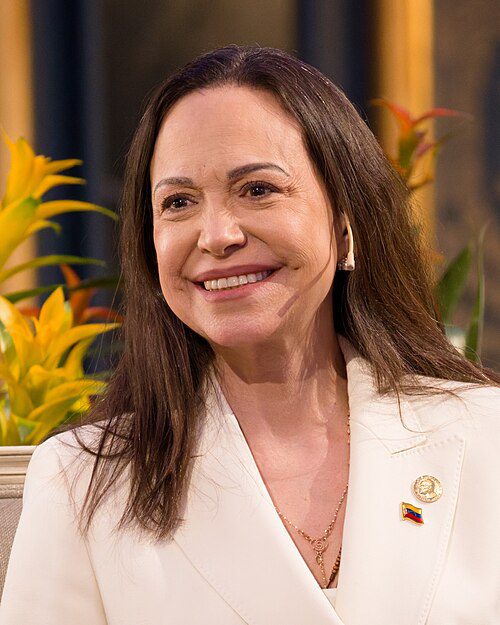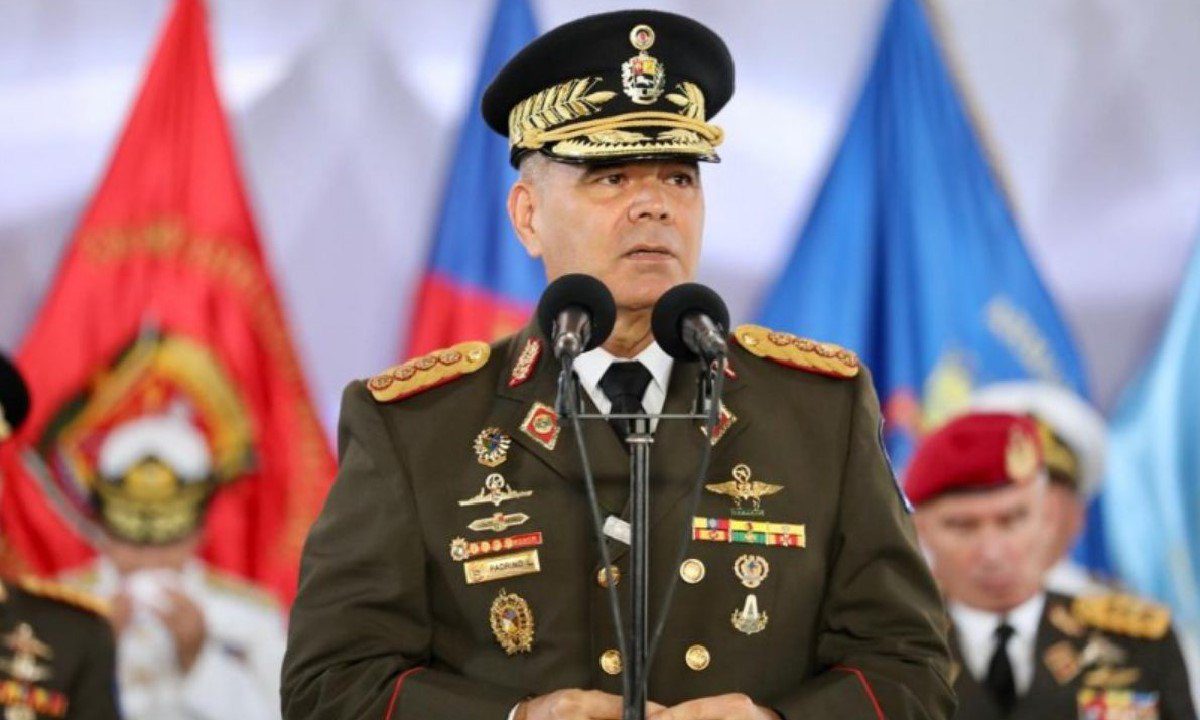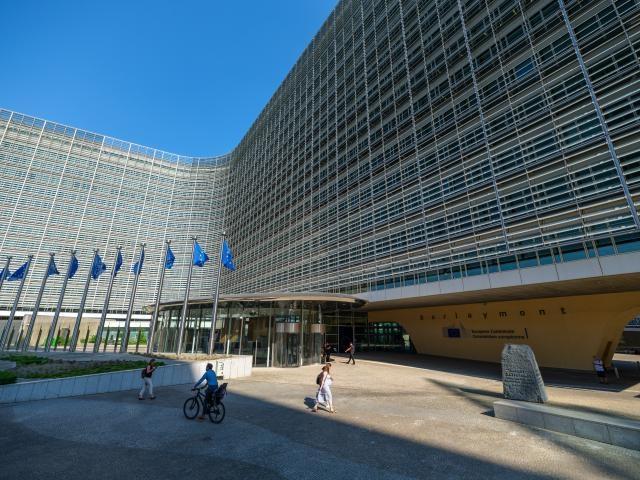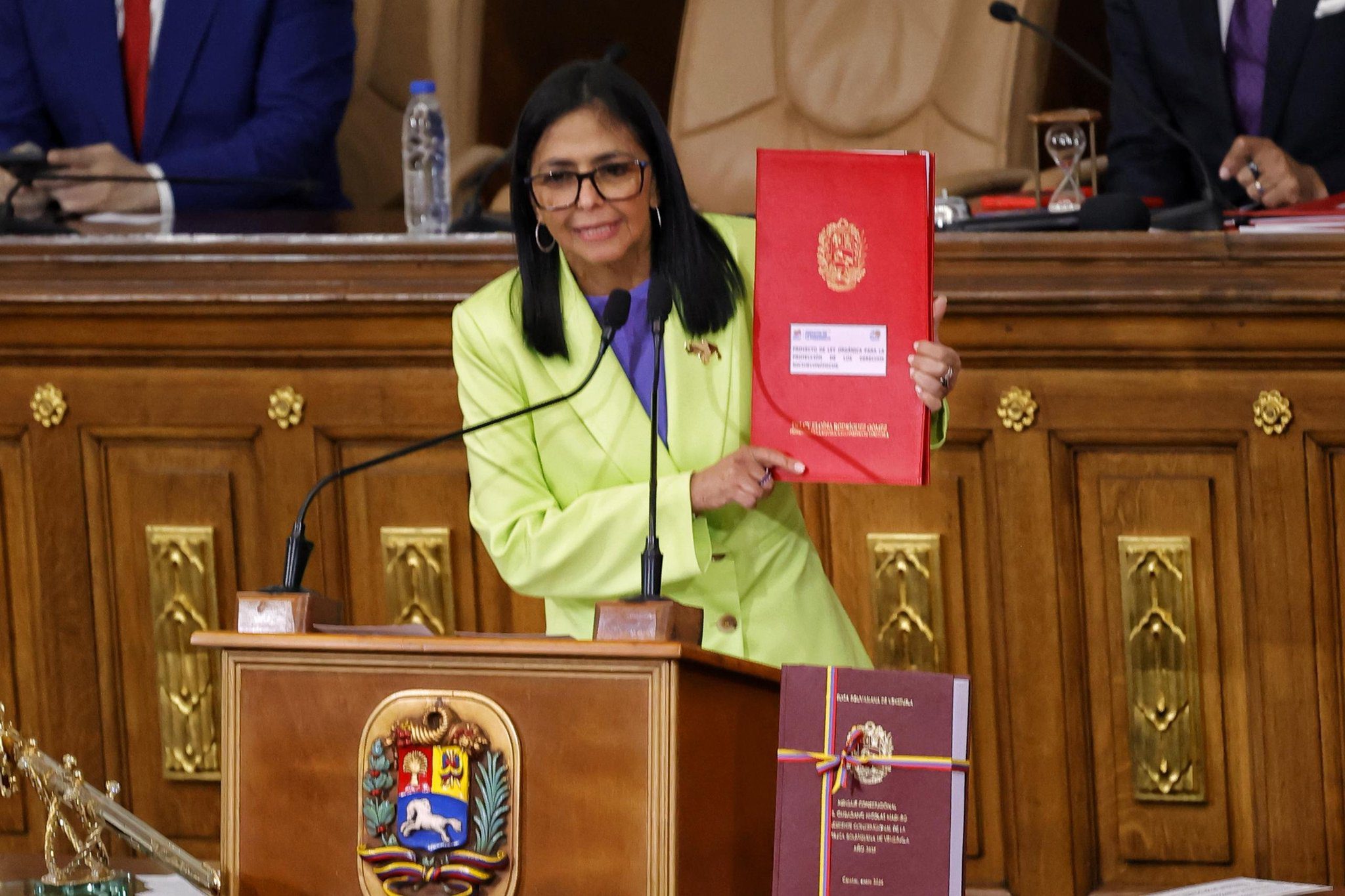Álvaro Leyva visited Venezuela on several occasions as Colombia’s foreign minister and later in a personal capacity with the backing of President Petro. Photo: Miraflores Press
Guacamaya, June 30, 2025. Recordings obtained by El País reveal that Álvaro Leyva, Colombia’s former chancellor and a former close confidant of Gustavo Petro, attempted to push a plan to depose the president with the backing of Republican congress members in the United States. In the audio recordings, Leyva suggests a strategy to generate “international pressure” to facilitate a change of government, with Vice President Francia Márquez as a possible successor. The White House dismissed the attempt, while the revelation has intensified the internal crisis within Colombia’s top government.
Álvaro Leyva Durán, former Minister of Foreign Relations during the current government of Gustavo Petro, is at the center of a political storm after recordings were revealed in which he discusses a plan to force the president’s removal. According to audios obtained by El País and testimonies from sources close to Republican congress members, Leyva reportedly traveled to the United States two months ago to seek support from influential figures in the Republican Party, including Senator Marco Rubio and Congressman Mario Díaz-Balart, with the aim of exerting international pressure against Petro.
In the recordings, Leyva describes the Colombian president as an “erratic” leader, allegedly affected by “serious drug addiction problems,” and claims to have evidence to disqualify him. “We have to get rid of that guy. (…) This country is heading for the abyss,” he is heard saying, while proposing the need for a “grand national agreement” that would even include armed groups like the ELN and the Gulf Clan, as well as business and political actors.
One of the testimonies gathered by journalist Juan Diego Quesada recounts that Leyva assured he had “all the tools to execute a plan” that would place Vice President Francia Márquez in power, claiming he had her backing: “She’s in on it,” he states in one of the audios. He also suggests that figures like former journalist and current politician Vicky Dávila could serve as intermediaries in the process, alongside Uribismo leaders like Miguel Uribe.
The revelations have caused an earthquake in the Palacio de Nariño (Presidential Palace). Petro personally listened to the audios – now in the hands of Colombian secret services – and publicly accused Leyva of attempting to perpetrate a coup d’état. The situation led to a tense conversation with Vice President Márquez, whom he asked to deny her alleged involvement in the plot. Márquez refused, asserting that she had not acted behind his back. Since then, the relationship between the two has completely frozen, reports El País.
The former chancellor has not responded to requests from the Spanish newspaper and is currently in Madrid, citing security reasons. The controversy occurs at a delicate moment for Petro’s government, amid growing institutional tensions and ahead of the 2026 presidential elections.
Leyva and Venezuela: Petro’s Interlocutor with Caracas
It is worth recalling that Leyva was a key figure in the first months of Petro’s mandate. He was appointed chancellor due to his long career as a mediator between the state and guerrilla groups, and for his connections with both conservative sectors and Chavismo. He was the one who led the reestablishment of diplomatic relations with Venezuela and played a prominent role in the “total peace” process. His departure from the government occurred in November 2024, after being disqualified by the Inspector General’s Office (Procuraduría) for irregularities in the passport bidding process, although he maintained contact with high levels of political power, including Nicolás Maduro, whom he visited in Miraflores (Presidential Palace) even after leaving his post.
One such visit, in August 2024, was interpreted as an attempt by Petro to keep Leyva as an informal emissary in Caracas, exploring the possibility of a political solution to the Venezuelan crisis that could even include repeating elections and a power-sharing formula inspired by Colombia’s historic National Front. The revelation of his parallel maneuvers, however, marks a definitive break with the leader who once entrusted him with the keys to his diplomacy.
Meanwhile, the Attorney General’s Office (Fiscalía) and Congress are studying the possible legal implications of the former minister’s actions, which could constitute crimes against the institutions. In public opinion, the scandal revives fears of conspiracies within power circles and adds a new layer of uncertainty to Colombia’s already turbulent politics following the assassination attempt on candidate Miguel Uribe.

